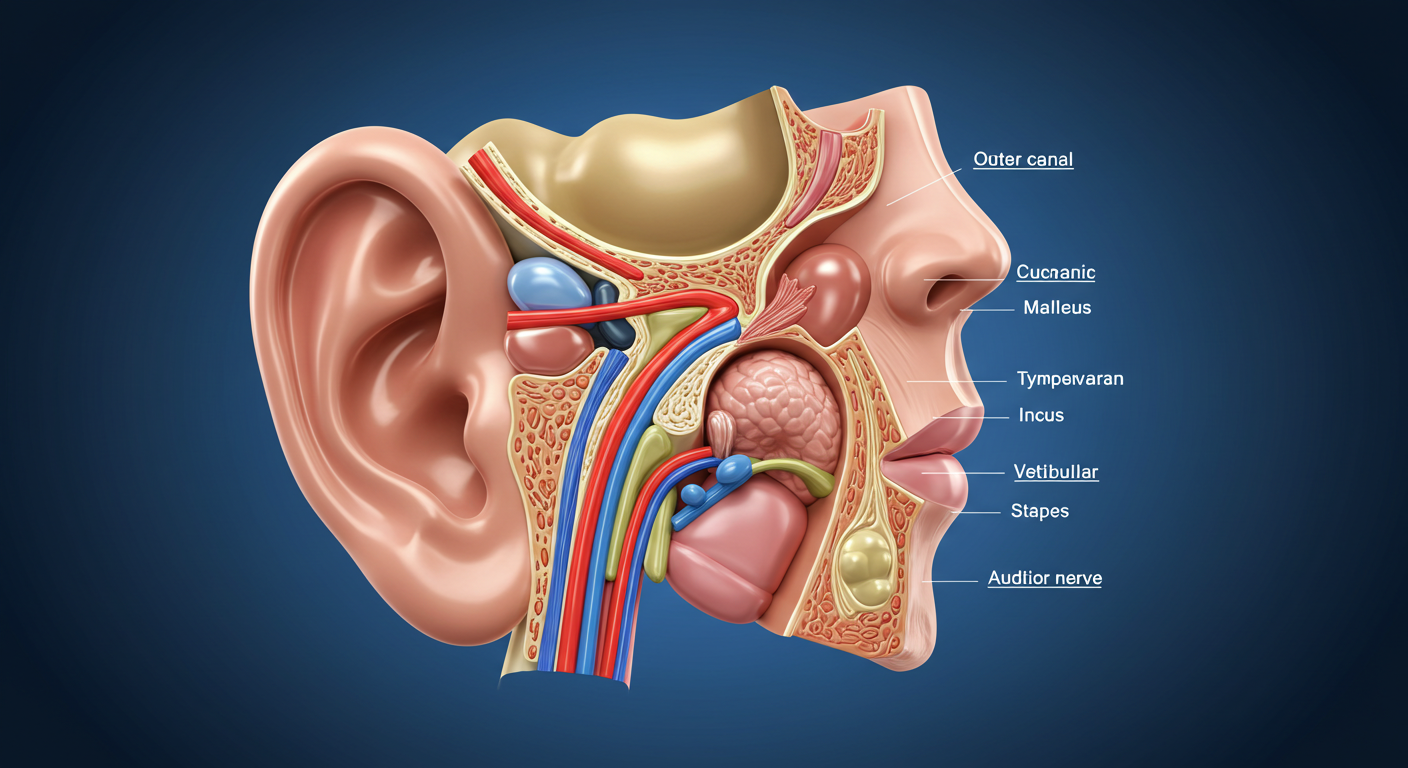Audiologists in Malaysia are healthcare professionals who specialize in the diagnosis, treatment, and management of hearing and balance disorders.
They work with patients of all ages, from infants to the elderly, and use a variety of tests and equipment to assess hearing and balance function.
Audiologists in Malaysia may work in hospitals, clinics, or private practices and may collaborate with other healthcare professionals such as ear, nose, and throat (ENT) doctors, speech therapists, and psychologists.
They may also provide hearing aids, cochlear implants, and other assistive devices to help patients with hearing loss.
How much does a Audiologist make in Malaysia per month?
The salary of an Audiologist in Malaysia can vary depending on factors such as experience, location, and employer.
On average, an Audiologist in Malaysia can expect to earn around RM 3,000 to RM 6,000 per month.
This figure can be higher for those with more experience or working in larger cities or private practices.
Is Audiologist in high demand in Malaysia?
It is difficult to definitively answer whether audiologists are in high demand in Malaysia.
The demand for healthcare professionals can vary depending on population growth, the ageing population, and government policies.
However, there is a growing awareness of hearing health and the importance of early intervention for hearing problems in Malaysia.
This could potentially lead to an increased demand for audiologists in the country.
As the population continues to age, the prevalence of age-related hearing loss may also contribute to a higher demand for audiologists.
Is Audiologist a good career in Malaysia?
According to the Malaysian Association of Speech-Language and Hearing (MASH), audiology is a growing field in Malaysia, and there is a demand for audiologists in both the public and private sectors.
The job outlook for audiologists in Malaysia is positive, and the profession is expected to grow in the coming years.
Audiologists in Malaysia can expect to earn a competitive salary and have opportunities for career advancement.
What kind of companies hire Audiologist in Malaysia?
If you’re wondering what kind of top companies hire Audiologist, here are some examples to consider:
1. Hospitals
2. Private clinics
3. Hearing aid manufacturers
4. Schools for the deaf and hard of hearing
5. Government agencies
6. Rehabilitation centers
7. Research institutions
8. Military and veteran healthcare facilities
9. Nursing homes and assisted living facilities
10. Telehealth companies
What other jobs can Audiologist do?
There are often many transferable skills as Audiologist that can be utilised in other industries.
If you’re wondering what other jobs you can do with experience as a Audiologist, consider exploring the following alternatives:
1. Speech-Language Pathologist
2. Hearing Aid Specialist
3. Otolaryngologist (ENT)
4. Hearing Conservationist
5. Acoustical Engineer
6. Clinical Audiologist
7. Pediatric Audiologist
8. Industrial Audiologist
9. Research Audiologist
10. Educational Audiologist
What are the skills required for Audiologist?
To be a successful Audiologist, you need to possess a variety of skills.
Here are some of the most important skills for a Audiologist:
1. Knowledge of anatomy and physiology of the ear and hearing mechanisms
2. Ability to conduct hearing tests and interpret results
3. Understanding of hearing aid technology and fitting procedures
4. Strong communication and interpersonal skills to work with patients and their families
5. Attention to detail and ability to maintain accurate records
6. Knowledge of speech and language development and disorders
7. Ability to diagnose and treat balance disorders
8. Familiarity with assistive listening devices and communication strategies for individuals with hearing loss
9. Understanding of medical and legal regulations related to audiology practice
10. Ability to stay up-to-date with advancements in audiology research and technology.
By developing these skills, you can position yourself for success as Audiologist and make valuable contributions to your organization.
How can I become a Audiologist in Malaysia?
Becoming a Audiologist requires a combination of education, experience, and skills.
To become an Audiologist in Malaysia, you need to follow these steps:
1. Obtain a Bachelor’s degree in Audiology or Speech-Language Pathology from a recognized university in Malaysia or abroad.
2. Complete a clinical practicum or internship in Audiology under the supervision of a licensed Audiologist.
3. Obtain a license to practice Audiology from the Malaysian Allied Health Professions Council (MAHPC).
4. Consider obtaining a Master’s degree in Audiology or a related field to enhance your knowledge and skills.
5. Join professional organizations such as the Malaysian Association of Speech-Language and Hearing (MASH) to stay updated on the latest developments in the field.
6. Attend continuing education courses and workshops to maintain your license and improve your skills.
7. Gain experience by working in a hospital, clinic, or private practice under the supervision of a licensed Audiologist.
8. Consider obtaining a certification from the American Speech-Language-Hearing Association (ASHA) or other international organizations to enhance your credentials and career opportunities.
9. Keep up-to-date with the latest research and technology in Audiology to provide the best possible care to your patients.
By following these steps and continually honing your skills, you can become a successful Audiologist and make a meaningful impact in the field.
Disclaimer:
This guide is provided as-is and may not represent the most up-to-date information or requirements to become Audiologist.
It’s always recommended to seek advice from experts in the field and refer to reputable sources for the latest information.
We do not take any responsibility for any damages or decisions made based on the information provided in this guide.

